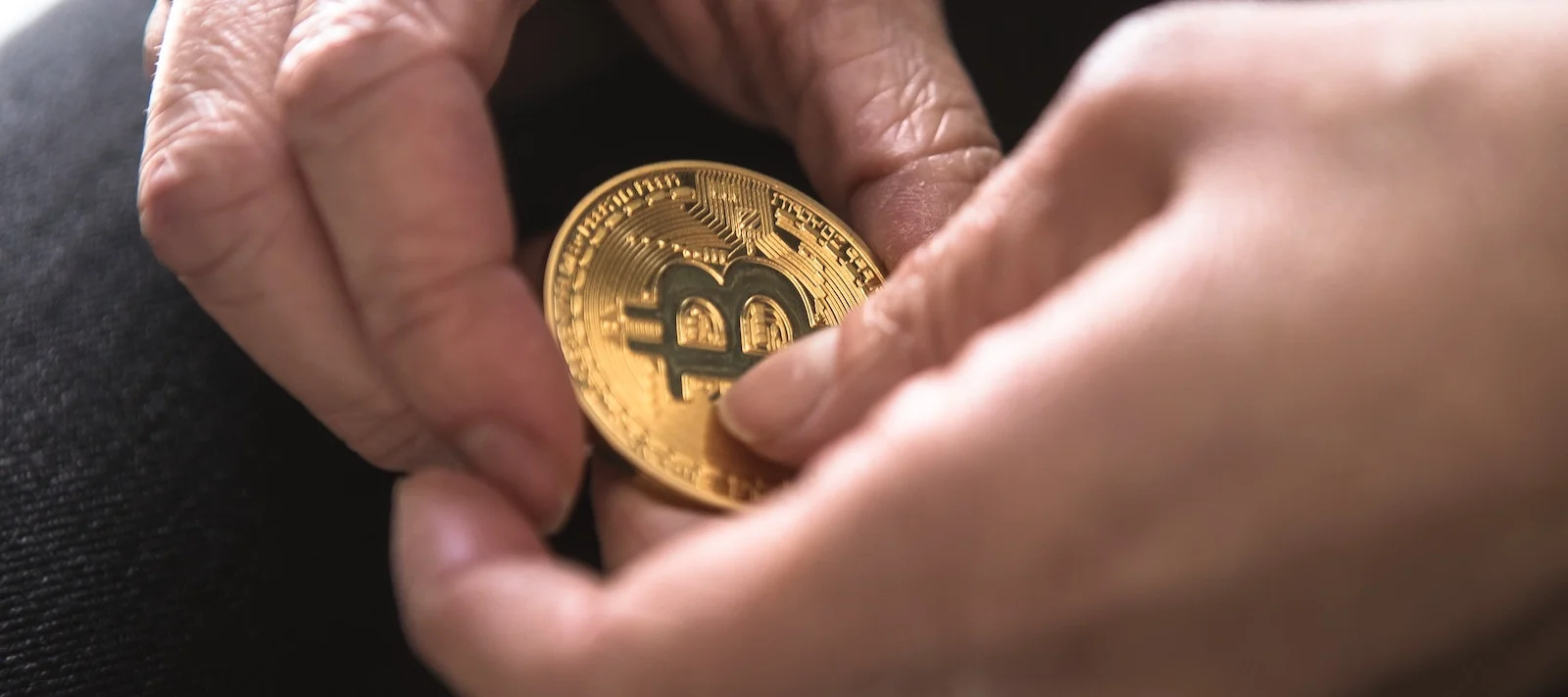From mining hardware to electricity costs, learn what influences how long it takes to mine 1 Bitcoin.
Bitcoin, the world’s first and most famous cryptocurrency, has sparked interest among the masses due to its unprecedented growth and popularity. However, with a limited supply of 21 million Bitcoins, the process of mining this digital asset can be both time-consuming and resource-intensive. This article delves into understanding the dynamics of how long it takes to mine 1 Bitcoin.
Understanding Bitcoin Mining
Bitcoin mining is the process of verifying Bitcoin transactions and recording them onto the blockchain. Miners solve complex mathematical problems, and the first one to solve it adds the block of transactions to the blockchain and is rewarded with new Bitcoins. This is the fundamental process of how new Bitcoins are created, and it’s how the Bitcoin system avoids fraud and abuse.
The Impact of Mining Difficulty
Mining difficulty is a measure of how difficult it is to find a new block compared to the easiest it can ever be. The Bitcoin network self-adjusts the difficulty level approximately every two weeks, or after 2016 blocks are mined, to maintain a block discovery rate of roughly 10 minutes. The network’s total hash rate – the speed at which miners are able to perform proof-of-work calculations per second – largely influences this adjustment.
As more miners join the network and increase the hash rate, the difficulty of mining also increases. This maintains a balance in the rate of block generation, keeping inflation in check.

Factors Determining How Long it Takes to Mine 1 Bitcoin
When it comes to determining how long it takes to mine 1 Bitcoin, there are several key factors that come into play.
1. Mining Hardware
The type of hardware used significantly impacts the time it takes to mine 1 Bitcoin. The initial days of Bitcoin mining were simple, and it was possible to mine using computer CPUs. However, the difficulty level has risen dramatically over the years, making it impossible to mine profitably without specialized hardware such as ASIC (Application Specific Integrated Circuit) miners.
2. Hash Rate
The hash rate is the speed at which a mining machine operates. Higher hash rates increase the chances of solving the complex mathematical problems, thus reducing the time it takes to mine 1 Bitcoin.
3. Electricity Costs
Mining Bitcoin is power-intensive. It requires significant electrical power to run the mining hardware. Locations with cheaper electricity can mine Bitcoin more profitably.
4. Mining Pool
Mining pools are groups of miners who share their computational power to increase their chances of mining a block and earning Bitcoins. While joining a mining pool reduces the time it takes to mine 1 Bitcoin, it also means sharing the reward.
So, How Long Does it Take to Mine 1 Bitcoin?
Given the current mining difficulty and the average hash rate of the most commonly used hardware, it would take a solo miner approximately 3.5 years to mine 1 Bitcoin as of 2023. However, the time can significantly reduce if miners join a mining pool. It’s important to remember that this is a highly variable estimate due to the changing dynamics of mining difficulty and Bitcoin’s price.
Conclusion
Understanding how long it takes to mine 1 Bitcoin is crucial for anyone interested in entering the mining industry. It’s not just about the time but also about understanding the various factors that can influence this time. Keep in mind that while mining can be profitable, it also comes with significant costs and considerations.